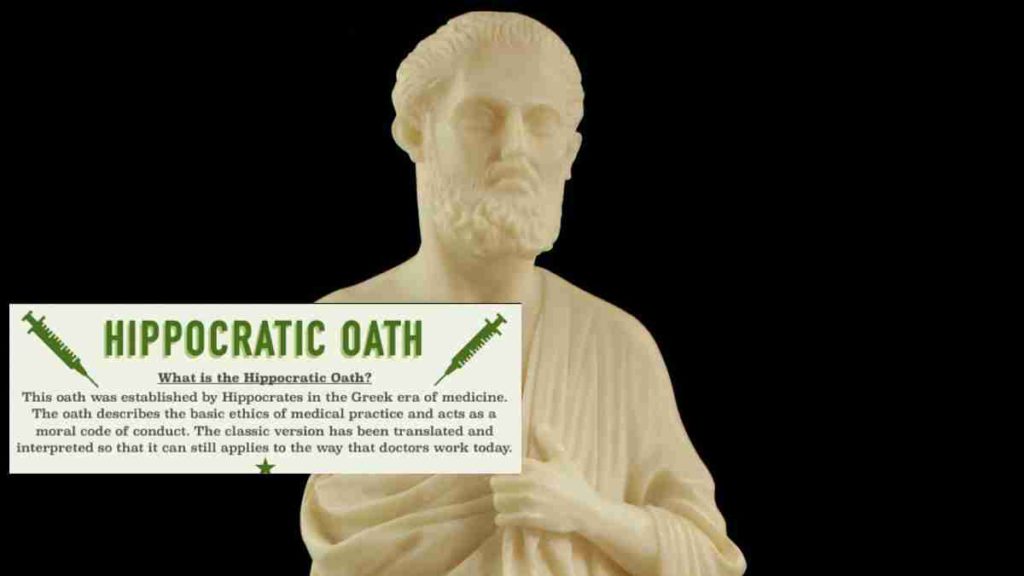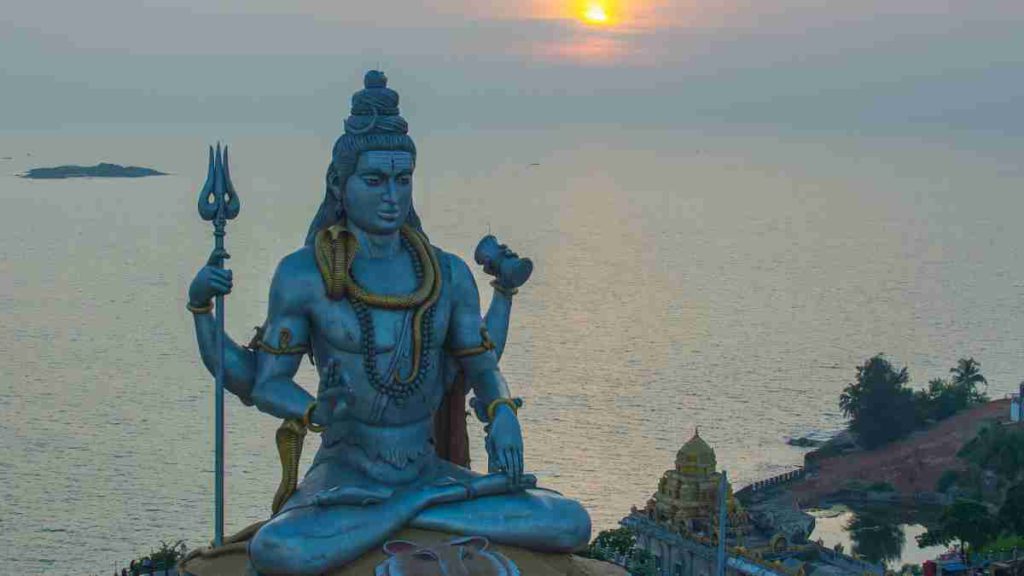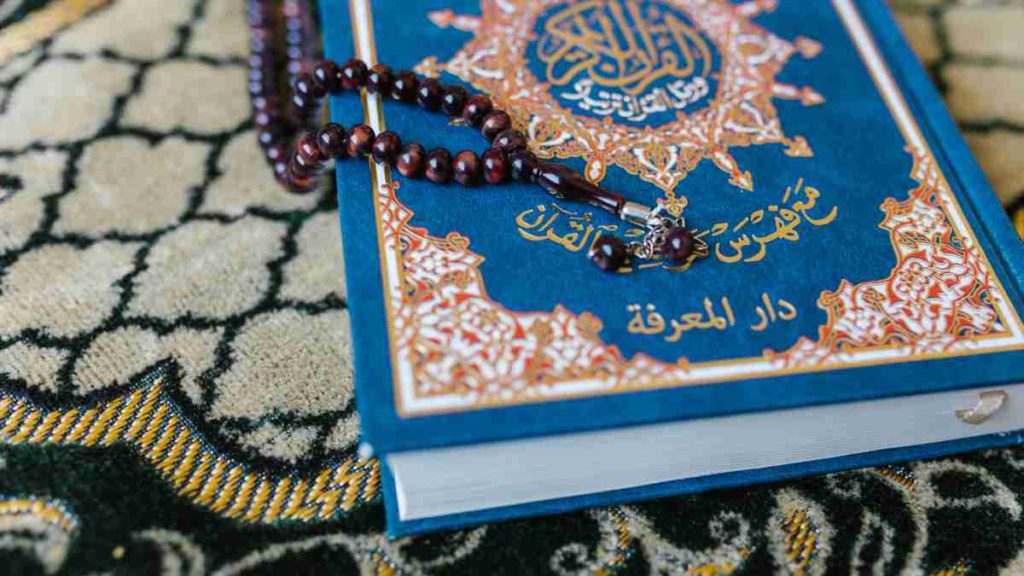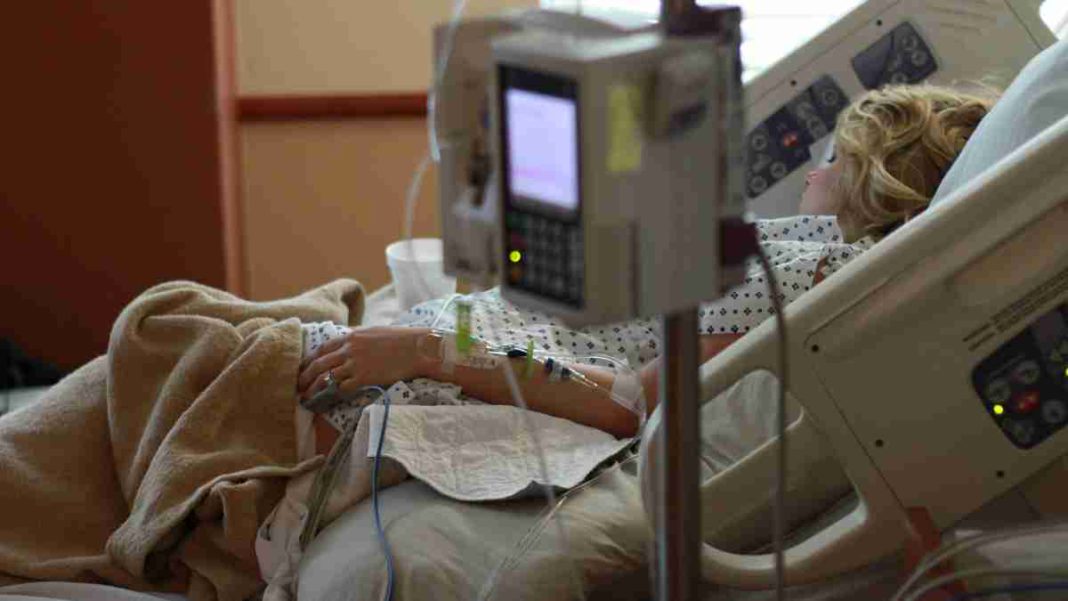SPAIN/WALES: The dictionary definition of euthanasia is the practice of ending the life of a patient to limit the patient’s suffering. Euthanasia is a word derived from two Greek words, eu (good) and thanos (death). They probably chose these two words to form the word euthanasia because it is the most human thing to do when a patient is in chronic agony and has no chance of recovery.
Human existence is based on possibilities and hope, and it is pointless to offer them false optimism. Most patients are aware that we all fall like birds in the depths of winter.
Euthanasia types
There are three types of euthanasia:
Voluntary euthanasia: In this, a patient makes the voluntary decision to end their life and receives assistance in doing so.
Non-voluntary euthanasia: In this case, the patient is unable to give consent (for example, because they are in a coma), and another person makes the decision on their behalf.
Involuntary euthanasia: When euthanasia is performed on a person who could be able to give formal consent but does not (this is classified as murder).
All three of these are considered illegal in all countries except Belgium, Canada, Luxembourg, the Netherlands, Spain, and all six states of Australia.
Hippocratic Oath
“I will not give a lethal drug to anyone if I am asked, nor will I advise such a plan,” is an oath all doctors must take before beginning their respective medical careers.
Some argue that this is one of the reasons euthanasia should be considered immoral, although many countries have now changed this oath to a more modern version: “If it is given to me to save a life, all thanks. But it may also be within my power to take a life; this awesome responsibility must be faced with great humility and awareness of my own frailty.”
We must all evaluate the formality of both oaths. The first has been taken more seriously and in a formal tone, while the second oath sounds more like a children’s playdate, most likely because of the inclusion of the word “amazing” in the second phrase.

This oath was probably changed because of all the cases of the death penalty that have happened in the last few years. In those cases, some doctors have helped out, either because they wanted to or because they were forced to by their jobs. This modern oath insinuates that the right to life is undeniable. However, one should also have the right to do as one wishes with one’s life.
One essential component of the modern oath is that it makes said doctors understand that they could be in their patients’ shoes, for in the dust we are and to dust, we shall return. Some also argue that the world we currently live in is vastly different from the world Hippocrates lived in (his oath was written in the 5th century B.C.) which can have two different interpretations since we could argue that the medical world has made incredible advances since then.
Therefore, his oath would no longer be valid and lack specificity due to all the medical advancements. We have different methods of dealing with what would have been considered “terminal illnesses” back then, and due to the lack of specificity (since Hippocrates does not specify any circumstances), euthanasia should be legalised in some cases. However, if the doctor in charge of the patient who wishes to die with dignity thinks it is best for them, professionalism has little hope in this situation.
Religious implications involving Euthanasia
It should be noted that most religions oppose euthanasia since their deity gave them life, and hence they should be the only ones with the authority to take it away. The most essential component of religion is that they all tackle the same topic: death. All faiths have explanations for death and the afterlife (those explanations could be either clear or unclear).
Most religions insinuate that death is critical to finding the meaning behind ordinary human life. However, the issue with religion becoming engaged in euthanasia is that when people have no other options, they usually turn to religion, which means that if a person has done thorough research but still cannot form their own opinion, they typically opt for someone else’s opinion.
To begin, Buddhism preaches the appreciation of the sanctity of life, no matter the person. However, what is crucial is the quality of that life. Buddhism does not have anything set in stone about euthanasia; although we can take a few lessons being taught to us and apply them to this specific topic.
Buddhists believe that major enlightenment comes from suffering and learning to overcome it, and that simply taking your life is escaping the lesson you were being taught; Cultivating patience with pain is key. There is a great weight to killing, whether you are the doctor administering the pills necessary for the overdose, or the patient taking said pills; what makes an action moral or immoral is the effect that it has on your mind.
There is no explicit teaching in Hinduism regarding euthanasia, although there is a fear that it would negatively affect your karma and therefore take a toll on your next life. In Hinduism, there is no reward and punishment system, only the law of cause and effect applies, and there is no such thing as evil or pure. Everyone has a life path, and the decisions you make on that path will affect your next life. Cutting your life path short would negatively affect your karma.

Considering Jewish law, the positives of trying our best to conserve human life, clearly outweigh other aspects. Jewish tradition revolves around how sacred life is and considers it a precious gift from God. Therefore, Judaism views the value of life as non-negotiable, infinite, and something that cannot be compromised.
The authority on Jewish law and ethics, Rabbi J D Bleich, has stated, “Any positive act designed to hasten the death of the patient is equated with murder in Jewish law, even if the death is hastened only by a matter of moments. No matter how laudable the intentions of the person performing an act of mercy killing may be, his deed constitutes an act of homicide.”
Judaism wants to teach its people that it is better to have hope and a sense that life is worthwhile than to simply give them a handful of pills. We have made incredible advances in the world of medicine. Therefore, nowadays, we have the means of helping people through their pain.
In every single stage of life, there is hope, and euthanasia would be considered surrendering to the obstacles life puts in front of you. One can choose not to prolong their life if one is in a constant state of pain and has less than 12 months left to live. However, one does need to consult this with a Rabbi and a doctor.
Christianity has a dogmatic tendency to oppose euthanasia solely because Christians believe that God is the only one who should be able to give as much as take away life, and no matter what shiny degree one has as a medical doctor, one should not have that entitlement.
Christians also believe that another reason euthanasia should not be legalised is that no one should have the right to label themselves or others as worthless.
Like the other two monotheistic religions, the Qur’an believes that euthanasia is a sin: “Among the nations, before you, there was a man who got a wound, and growing impatient with its pain, he took a knife and cut his hand with it and the blood did not stop until he died. Allah said, ‘My slave hurried to bring death upon himself, so I have forbidden him to enter paradise’.”

The common denominator that all of these religions may have in common is that passive euthanasia (stopping treatment) is acceptable. However, voluntary euthanasia (giving patients high doses of medicine) seems to be considered unacceptable.
Legal implications of euthanasia
Euthanasia is presently legal in certain countries but illegal in others. For example, in the United Kingdom, one must be above the age of 18, have a terminal disease, have the mental ability to make a choice, and have lived in England or Wales for at least a year. Doctors usually either administer patients more drugs than necessary to cause an overdose or give a lethal injection with chemicals such as Nembutal or Pentobarbital, used as sedatives but, when injected in high doses, have a lethal effect.
We should also consider the possibility of threats being involved in the process. There is no foolproof method of ensuring that a patient is not being blackmailed by anyone before conducting euthanasia on them, and in such a situation, one would be taking life from someone who wishes to live.
Their family and loved ones also have to deal with the grief of the patient being gone; and in some cases, they might be supportive of their decision because they know this is what would be best for them. However, there could be polar opposite cases where their family and loved ones end up causing more suffering to the patient than they initially had.
Conclusion
This is no math problem; meaning, there are many different answers regarding the legalisation of euthanasia. However, there are no straightforward ones; this is a complex topic, and everyone’s answers and views will vary in some way. It is worth noting, however, that individuals who believe in the afterlife are more likely to endorse euthanasia.
This is probably due to the belief that this life is not the end; there is an infinite loop through which every single one of us goes. Most of us believe in the afterlife because we fear that death is a sudden conclusion over which we have little control and that there must be a purpose behind all of this sadness that we have all endured.
The truth is, we should not try to anticipate what happens after death and not focus so much on calendars and clocks but rather on the present and how we can improve ourselves daily so when our time comes we won’t have any unfinished duties, because, in the end, we don’t look back on how many years we had but how we spent them.
“I have been taunting the Reaper into taking a free scythe in my direction and have now succumbed to something so predictable and banal that it bores even me” – Christopher Hitchens. This quote from the book “Mortality” accurately portrays the art of dying, something that happens to everyone, the cycle of life.
Most of us have danced with death at various times, sometimes without even being aware of it. For some of us, it is due to the thrill, for others, for religious purposes; and for others, due to illnesses. However, this is a natural process everyone eventually has to go through, and there is no way to prevent it, only to delay it.
About the author: Beatriz de Andres Zhulali is a young Spanish-Albanian author based in Wales, interested in seeking answers to current dilemmas related to the challenges faced by societies around the globe. She has written on war crimes in the Balkan wars and she is preparing a series of thematic essays and creative stories which will be published in the upcoming months.
Also Read: Vaccines for Cancer and Heart Disease to be Ready by 2030



